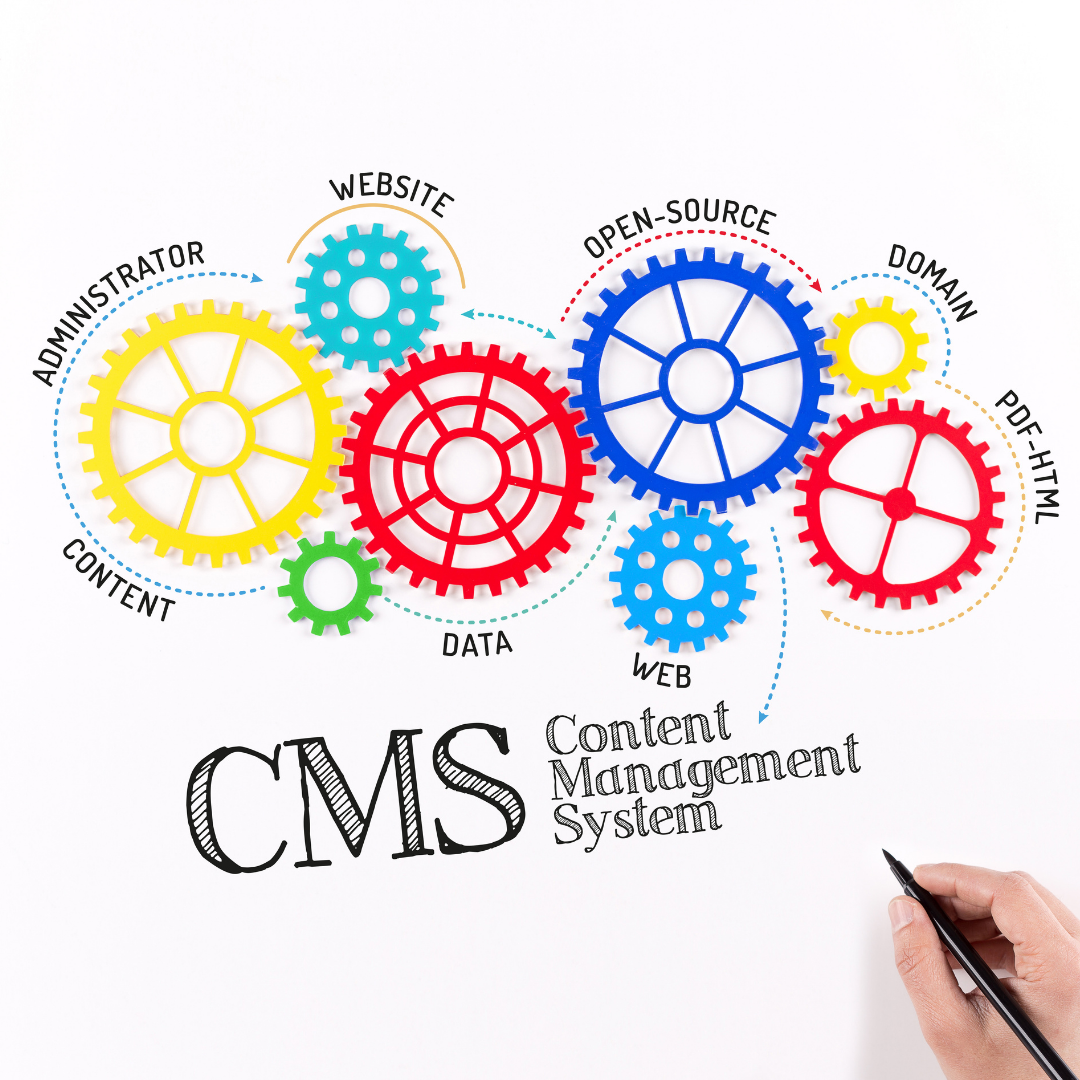Every business has a different set of personnel needs. Regardless if it is a small company with only one or two employees or a larger company with hundreds, the proper software can help in managing their skills and getting work done to the best of their capacity.
That’s right, employee management software is a great alternative to the traditional form of human resources, bringing transparency and balance to the employee-employer relationship. Let’s talk about some of the best ways that you might use software like this!
The Purpose of Employee Management Software
Data Management
The primary purpose of employee management software, or human resources software as it is sometimes called, is to make it easy for employers to manage their employee data. This includes tracking employee contact information, performance data, and payroll information. This data could further be integrated with other necessary business information and can be stored at the data centre. A data centre, designed professionally by an expert such as Walt Coulston, could hold a multitude of data available in various business software and create a collective database. Employee management software, along with data centre can store and backup essential data to be accessed later.
Compliance Tracking
This type of software allows employers to track employee vacation and sick days, as well as their progress in compliance training.
Hiring
Another purpose of this specialized business software is to help with the hiring process. This includes posting job openings, screening applicants, and managing interviews. A combination of appropriate software, an effective HR department, and an experienced and well-respected recruiter (see a legal recruiter Alex Gotch, for reference) can go a long way toward helping any business find the most suitable employees.
Employee retention
This includes tracking employee satisfaction and turnover rates. It can also help identify at-risk employees and provide tools for intervening before they leave the company. Usually, big firms resort to using KPI or OKR software applications in order to understand employee engagement, and satisfaction, which down the lane, helps in retaining employees. KPI software can offer accurate and useful data to measure employee engagement levels, as and can help determine how well inclusion and diversity efforts are working. Likewise, it can help identify the causes of high rates of turnover and absenteeism. OKR software on the other hand can help employers to make more effective and informed decisions upon identifying the issues with employees. This can help in retaining more employees. If you are still wondering, “should you use kpis or okrs?“, then you can get enlightened about the subject matter by looking more about it on the Web.
- Stay organized and on top of things. When you have a lot of employees to keep track of, it can be easy to let things fall through the cracks. With employee management software, you can easily roster the right staff for the right shifts, and assign jobs to the right people making way for the perfect shift management. This could be especially helpful if your business is centered around taking care of the disabled or the elderly, which often requires assigning a professional on short notice. With proper management in this manner, you can stay on top of everything and ensure that nothing gets overlooked.
- Improve communication and collaboration. Good communication is essential for any team, and employee management software can help facilitate better communication between managers and employees. With features like group chat and task lists, everyone can stay on the same page and work together more effectively.
- Boost team productivity. By having all of your employee information in one place, you can quickly see who is slacking off or not meeting their goals. This information can be used to help employees stay on track and boost productivity.
- Save time and money. Employee management software can save you a lot of time and money by automating tasks like time tracking, performance reviews, and payroll. This can free up your time to focus on more important tasks, and it can also help you save money on things like paper and ink.
- Improve morale. When employees feel like they are being managed effectively and fairly, they are more likely to be happy in their jobs. This can lead to improved morale and motivation, which can in turn lead to better performance.
More Ways to Use Employee Management Software
- Create employee performance reports. When tracking employee performance, you can use employee management software to create reports on employee productivity. These reports can help you identify areas where employees need improvement.
- Create employee goal tracking and progress reports. You can use employee management software to set goals for employees and track their progress towards these goals.
- Create employee development plans. The right software can help you assess employee skills and identify training and development needs, with the added benefit of being able to track employee certifications and licenses.
Choosing the Right Employee Management Software (Cloud vs. On-premise)
There are two main types of employee management software: cloud-based and on-premise. Cloud-based software is hosted by the provider, typically on a subscription basis, while on-premise software is installed directly onto your organization’s computers and servers.
Cloud-based employee management software offers a number of advantages over on-premise software. First, it is easier to set up and use because there is no software to install. Second, it is more affordable because you pay for only the features you need; when you need them. Third, it is more flexible because you can access it from anywhere with an internet connection.
On the other hand, on-premise employee management software also offers a few advantages over cloud-based software. First, it gives you more control over your data since it is stored on your own servers. Second, it can be customized to fit your specific needs since you have access to the source code. Third, it can be faster and more reliable since it is not dependent on internet connectivity.
Ultimately, the best type of employee management software for your organization will depend on your specific needs and budget. If you are looking for an affordable and easy-to-use solution, cloud-based employee management software may be the best option. On the other hand, if you need more control over your data and the ability to customize the software, on-premise employee management software may be a better choice.














